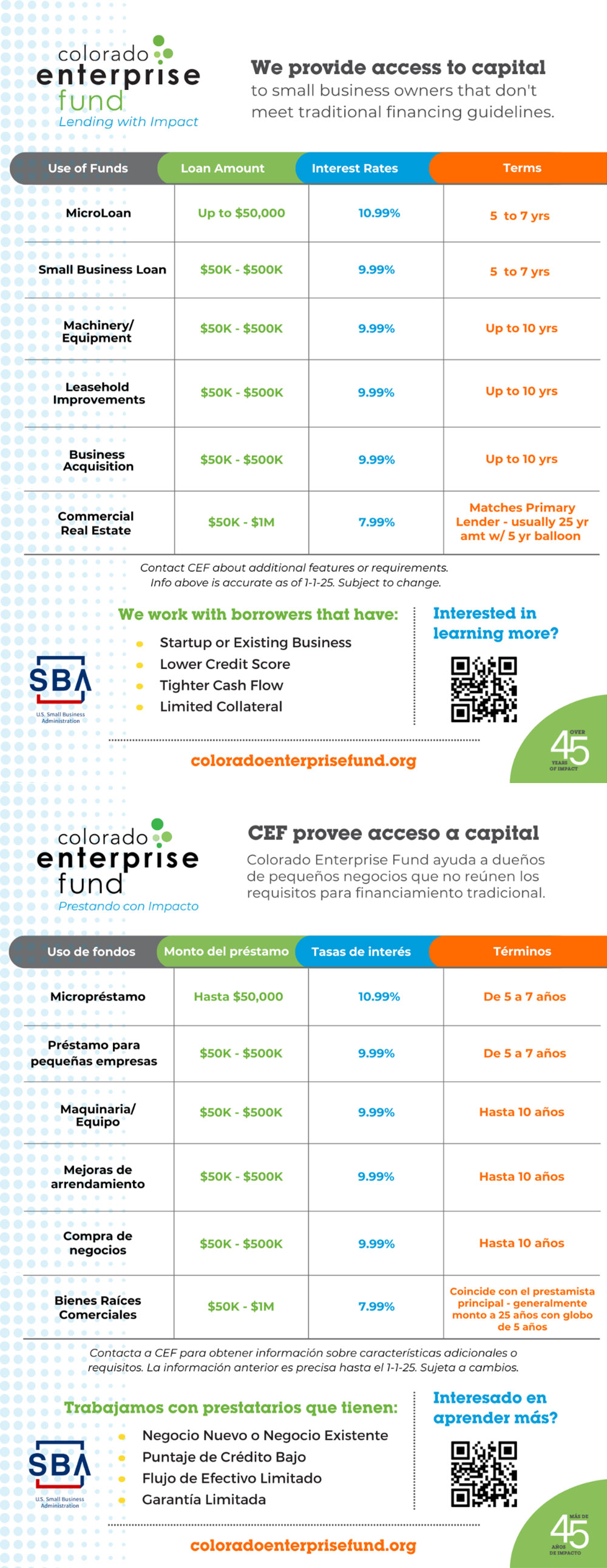Two Things to Assess to Get Your Restaurant Back to Being Profitable
COVID-19 and the restrictions on restaurants that have come with it have crippled small businesses. Restaurants, specifically, have been hard-hit but, there are things you can do to get your restaurant back to being profitable.
Ask yourself - Are you comfortable with the financial documents (the P&L statement and the balance sheet) that your business generates?
On your P&L statement, look at your month-to-month revenue and expenses for the last 24 months to get a feel for how much, historically, you spent prior to COVID-19 and how much you are spending now on these two areas: employee expenses and your rent.
If you look at these two areas as a percentage of your total sales, it will give a good indication of how well your business is doing right now. If you're like many restaurants struggling during COVID, you likely need to find ways to lower these expenses to help make your restaurant profitable again. Here are some ideas to help you do so in the two areas mentioned above:
Employee Expenses
On your P&L statement, you'll likely see that your staff expense has increased to be a pretty large percentage of your overall sales. This is a difficult expense to decrease but it can be done. Consider doing the following:
- Check if you are measuring what your overall sales are at each time of the day for a given average week. Determine if you can afford to have that number of employees working for each time period and or if you are overstaffed.
- Consider limiting your operating hours. For example, you could stay open for lunch from 11:00 am to 1:30 pm, and only 5:00 -8:00 pm for dinner.
Rent
Landlords still expect rent payments but, you might not be bringing in enough revenue to support paying the rent that you agreed to prior to COVID-19.
You can get cash "out of" your lease through one (or multiple) of the following ways:
- Concessions from your landlord
- Lowering your rent payment - see our blog post on how to negotiate your lease via the link above
- You, the business owner, yourself. As an individual member of your household or overall cash position, determine if there are other savings (retirement or other) you can utilize.
Exercise:
Evaluate Your Personal Expenses
Look at your personal finance and evaluate, on a month-by-month basis, if there are any discretionary expenses that can be put aside right now. For example, are you paying for a magazine subscription, streaming service, or another service that you aren't using? Consider exploring other options like subscribing to your free local library's collection.
Consider Your Assets
Next, take a look at all of your assets like your home. If you own, is it partially paid off? Is it largely paid off? You could consider taking out a home equity line of credit or home equity loan to help cover expenses - these forms of financing are the least expensive. If you consider taking out a loan, consider working with a credit union instead of a bank. Credit unions can typically offer loans at lower rates and, if you have an established relationship with a credit union already, they tend to look more favorably at their existing customers.
If you are not comfortable with your P&L statement and/or your balance sheet, you can schedule an appointment with me, whether you are a current borrower of CEF or not. Click here to email me to schedule an appointment.
CEF’s advisors provide helpful suggestions of an educational nature that are not intended to mandate or supersede the business practices or decisions of your Company, its owners, or managers. The information provided here does not, and is not intended to, constitute legal advice; instead, all information, content, and materials available herein are for general informational purposes only. You should contact your attorney to understand your rights and for legal advice about your specific situation.



